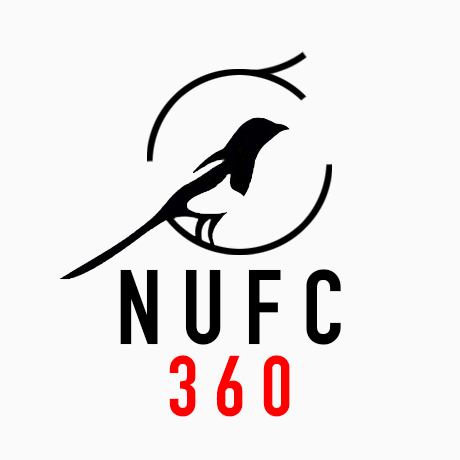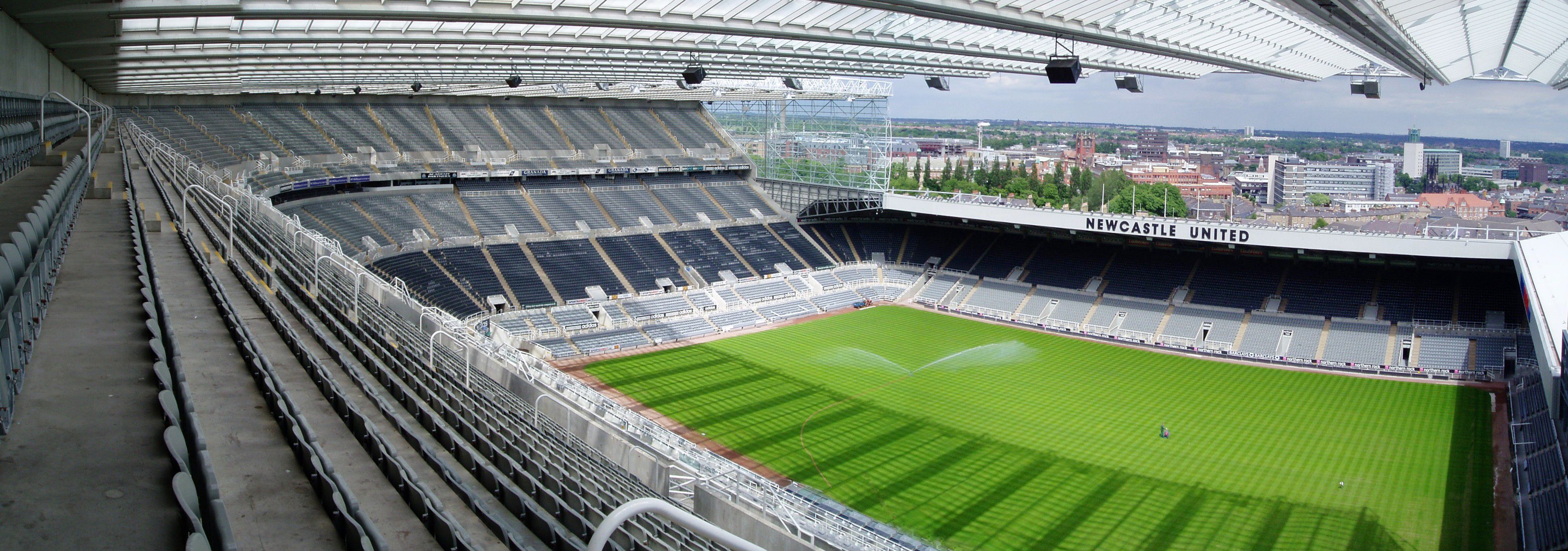Carlo Ancelotti was once quoted as saying: “The risk of injury in a match is 10% but rises to 30-40% in the following match if there’s less than three days recovery.”
Rafa uses this as one of the big factors in his decision to rotate many of his players so often. At Newcastle, he’s vastly reduced the numbers of injuries by using this in his selection policy.
On his website, there’s an article called “Too many injuries?” – where Rafa goes into detail about injury prevention. “Can you avoid injuries? The answer is a clear ‘no’. However, you can work in a way to prevent and reduce the amount of them. Although, for this to happen, to me it is clear that there must be an open dialogue and constant communication with the whole medical staff and the players.”
This means three things.
Strength in depth.
When Rafa set out for his recruitment business this summer, his plan was to have two separate teams that could win the Championship.
Even on its own that was a hugely ambitious plan, but it was needed for Rafa to pull off his rotation plans.
If you look back at where NUFC have recruited, you can see that he managed to do exactly this.
Balancing the numbers.
Many think Rafa is a manager who plays defensively, but in truth, he always puts emphasis on the balance in a squad.
You defend from the front and attack from the back. You stay compact while defending and have intelligent players capable of expanding in attack.
15 players in, 26 players out, both seniors and juniors, shows you that Newcastle were in fact, severely overweight.
By addressing this, Rafa has ensured that if one player should receive an injury, then the player stepping in is equally strong and is physically and mentally prepared to fill the shoes of the one he replaces.
Keep the players happy.
It’s natural to rotate some players more than others, you always want that red thread running through your team. Plus, having the ability to surprise the opposition manager with your selection can be a big benefit.
Sadly, Saturday’s result against Blackburn showed us the downside of rotation. In Rafa’s defence, he’s mentioned that a few injuries ended up forcing a sizeable rotation, but it’s understandable to surmise that he looked one game too far ahead on this occasion.
Personally, I think that Lascelles, who has been a mainstay this season, was sorely missed, because the team was evidently disjointed and needed its captain to bring it together.
Keeping the players happy in a rotation system is tough, but when you have a run of nine wins on the trot, it certainly makes life easier.
Benitez isn’t a man who’s easily influenced by what his players think. He has a reputation which precedes him, making him and his decisions easier to respect. By playing for Rafa you become a better player and a better team. His career shows that.
Add to the fact that Newcastle United are currently in the Championship, you listen to what the man says. If the current crop of players buy into this, it will be easier for new arrivals to do so too. Ensuring that Rafa can keep doing his work undisturbed.
United supporters should learn this too. Rafa has always had his rotation policy, Newcastle are top of the Championship with it and Rafa has won trophies with it. It’s part of his philosophy, it enables strength in depth, keeps players on their toes and significantly reduces injuries.
Yes, it has its downsides, as you could see against Blackburn, but looking at Newcastle’s recent history, the downsides that have arisen from having a set starting XI for every game have been far worse.


